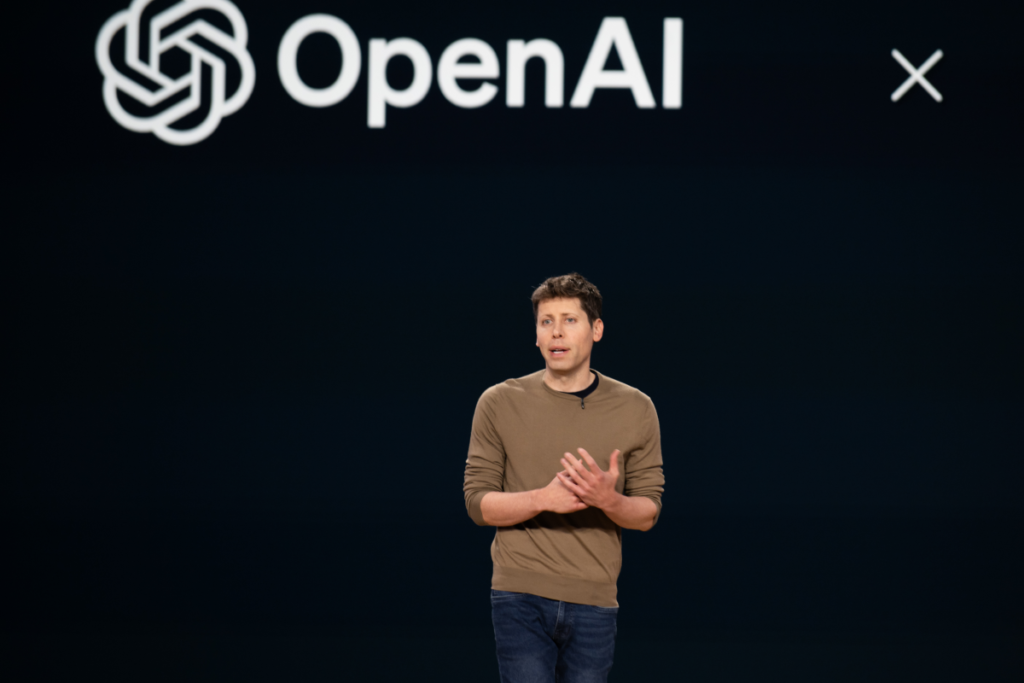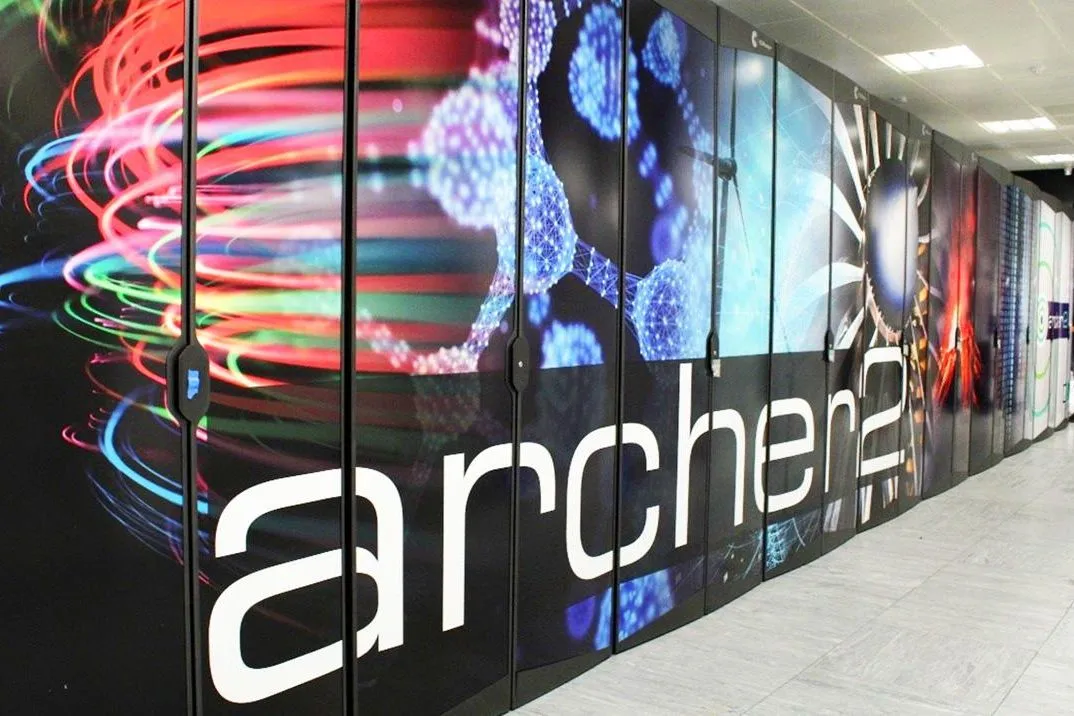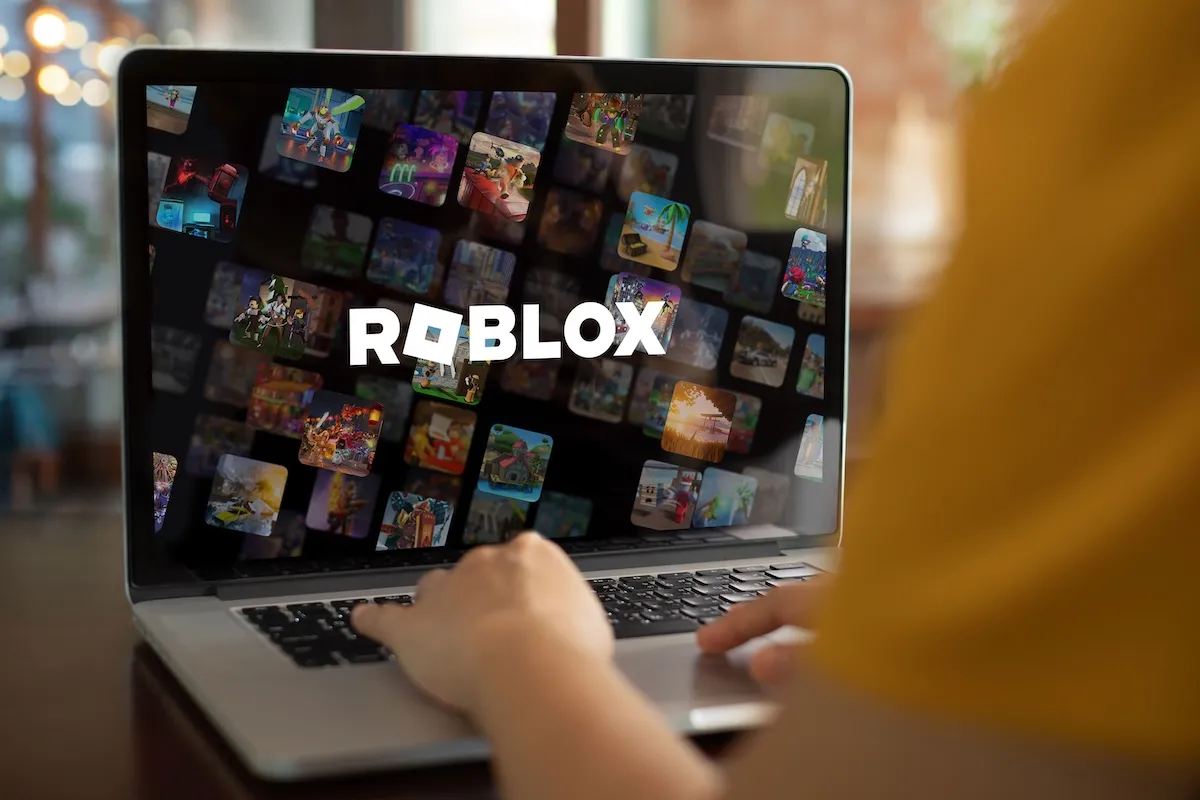Introductino Of OpenAI
In a landmark case, Asian News International (ANI), one of India’s largest news agencies, has filed a lawsuit against OpenAI, accusing the AI company of unlawfully using its copyrighted content to train artificial intelligence models and of generating misleading information attributed to ANI. The case, lodged in the Delhi High Court, marks the first legal challenge from an Indian media organization against OpenAI concerning copyright issues, potentially setting a precedent in the world’s most populous nation.

Table of Contents
The Allegations
ANI alleges that OpenAI used its news content without authorization to train models like ChatGPT. Beyond copyright concerns, ANI has highlighted instances where ChatGPT reportedly produced fabricated interviews attributed to the agency, including a fictional conversation involving Rahul Gandhi, a prominent opposition leader. ANI contends that such “hallucinations” harm its reputation and could contribute to the spread of misinformation, with potential societal consequences.
The agency’s legal representation, led by Sidhant Kumar of UNUM Law, argued that public availability of content does not grant companies the right to exploit it, emphasizing that ANI’s intellectual property was unlawfully used for commercial purposes.
OpenAI’s Defense
OpenAI, backed by Microsoft, refuted the allegations during the preliminary hearing. Counsel Amit Sibal asserted that copyright laws do not cover facts and pointed out that the company allows publishers to opt out of data collection by its models. Additionally, OpenAI noted that it has no servers in India, questioning the jurisdiction of the lawsuit.
An OpenAI spokesperson stated:
“We take great care in our products and design process to support news organizations. We are actively engaged in constructive partnerships and conversations with many news organizations around the world, including India, to explore opportunities, listen to feedback, and work collaboratively.”
The Court’s Response
During the hearing, Justice Amit Bansal issued a summons to OpenAI but declined to grant an immediate injunction, citing the complexity of the case. The next hearing is scheduled for January 2024. The court plans to appoint an independent expert to analyze the copyright implications of AI models utilizing publicly available content and will also examine how such content spreads across platforms.
Implications for AI and Media
This case is part of a growing global debate about AI’s use of copyrighted material. OpenAI is already facing multiple lawsuits in the United States, Canada, and Germany over similar issues. The outcome of ANI’s lawsuit could influence how AI companies operate in India, a major market for emerging technologies.
ANI’s case underscores broader concerns about the responsibilities of AI developers in mitigating misinformation and respecting intellectual property rights. If ANI prevails, the ruling could lead to stricter guidelines for AI firms using publicly available content for training, impacting the broader ecosystem of generative AI.
The court’s final decision will likely have significant ramifications for both AI innovation and media rights in India and beyond.




